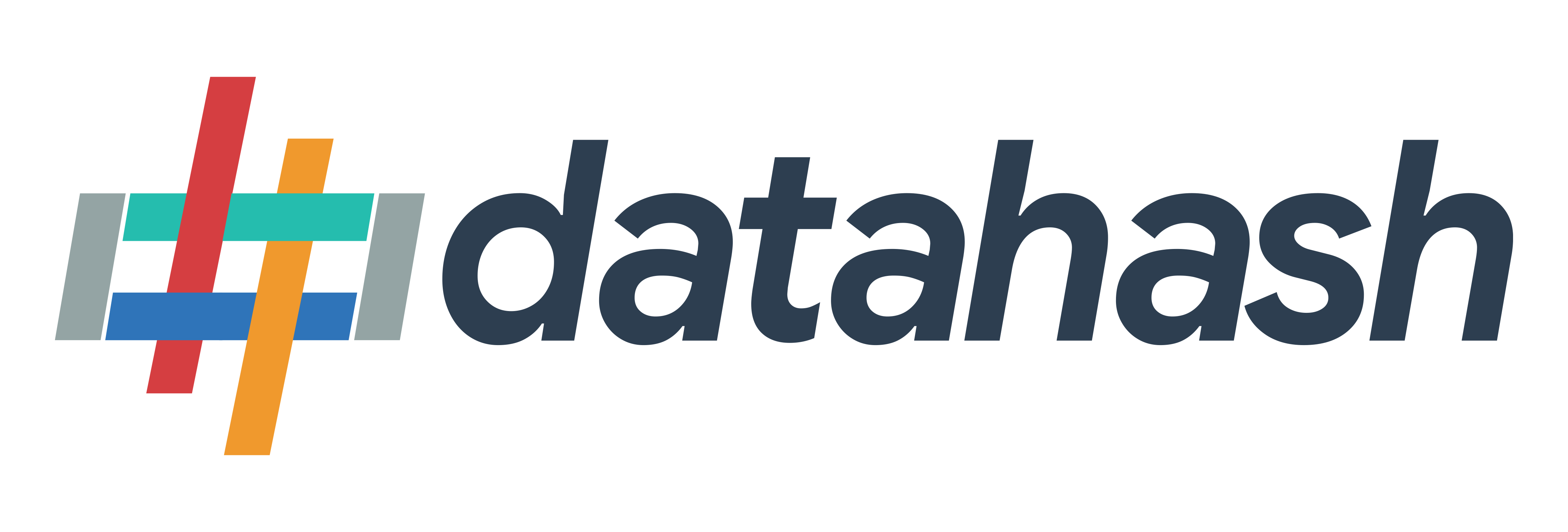Video Walkthrough
Description
The Messenger Conversions API (CAPI) allows you to send customer events (e.g., leads, purchases, subscriptions) directly from your server or Datahash to Meta’s Business Manager. This ensures more reliable conversion tracking, especially when browser-side signals are blocked or lost.
Pre-requisites
- Facebook Business Manager account with Pixel access.
- A Dataset ID and Access Token (if setting up manually).
- A Datahash account with access to configure destinations.
Getting Started:
- Go to Datahash Studio.
- Enter your credentials to log in.
- Navigate to the Meta category under the Destinations list in the right section.
- Click on the Messenger Conversions API connector tile.
- You can integrate using Single Sign-On (SSO) or Manual Setup.
Single Sign-On Setup
- Choose the Business Account you want to integrate.
- Select the Pages you want to give access to.
- Provide the necessary access permissions.
- Enter a name for the connection.
- Choose the Facebook Page you want to integrate.
- Select the Dataset ID associated with that page.
- Click Finish to complete the setup.
- Your Messenger Conversion API setup has been added.
Manual Setup
- Provide the Dataset ID and the Access Token.
- Click Validate Credentials.
- Once validated, click Finish to complete the setup.
- The setup has been established.
Finding Pixel ID and Access Token
- Log in to Facebook Business Manager.
- Select the account you want to integrate.
- Go to the Settings tab
- Find the Pixel ID under the Pixel ID header.
- Scroll to the Conversion API section and click Set up manually.
- Click Generate Access Token to retrieve the token.
- Enter the Pixel ID and Access Token in the Datahash dashboard.
- Click Close.
Access Sharing and adding the Datahash Pixel in Meta Business Manager
- In your Meta Business Manager, go to Business Settings.
- Under Users, click People.
- Click the blue Add button.
- Enter the email: analytics@datahash.com → enable Employee Access → click Next.
- Under Assign Access, go to Pixels.
- Select your Pixel and enable Employee Access.
- Click Invite.
Implementation Workflow
- Once implementation is done on Datahash:
- Pre-implementation QA is performed.
- Clients are asked to publish via GTM.
Standard Events Mapping
Datahash maps Neotag events to Facebook standard events before sending them to the Messenger CAPI:
| Neotag Event Name | Facebook Standard Event |
| neotag.page() | PageView |
| view_item | ViewContent |
| add_to_wishlist | AddToWishlist |
| add_to_cart | AddToCart |
| subscribe | Subscribe |
| submit_application | SubmitApplication |
| start_trial | StartTrial |
| search | Search |
| schedule | Schedule |
| purchase | Purchase |
| lead | Lead |
| begin_checkout | InitiateCheckout |
| find_location | FindLocation |
| donate | Donate |
| customize_product | CustomizeProduct |
| contact | Contact |
| complete_registration | CompleteRegistration |
| add_payment_info | AddPaymentInfo |
Notes:
- For Purchase, properties.currency is required.
- For Search, the search query must be a string.
- If properties.currency is not provided in Order Completed, USD is set by default.
Custom Events
- If an event does not match standard mappings, Datahash will categorize it as a Custom Event.
- Properties sent with each event must align with Facebook’s requirements.
Deduplication
To prevent duplicate events when using both Pixel and Conversion API:
- Events are deduplicated if they share the same:
- Facebook Pixel ID
- event_name (e.g., Purchase)
- event_id (must be unique, e.g., Order Number)
Connect to Sources:
Facebook’s CAPI Destination can be connected to various platforms such as websites, marketing automation tools, warehouses, apps, and ecommerce stores through Event Streams and Cloud Apps. The eligible sources include Website/JavaScript SDK, App, Ecommerce Stores (Shopify, WooCommerce), Big Query, Moengage, Braze, and Clevertap.
Web Sources:
- Website/JavaScript SDK
- App
- Ecommerce Stores (Shopify, WooCommerce)












